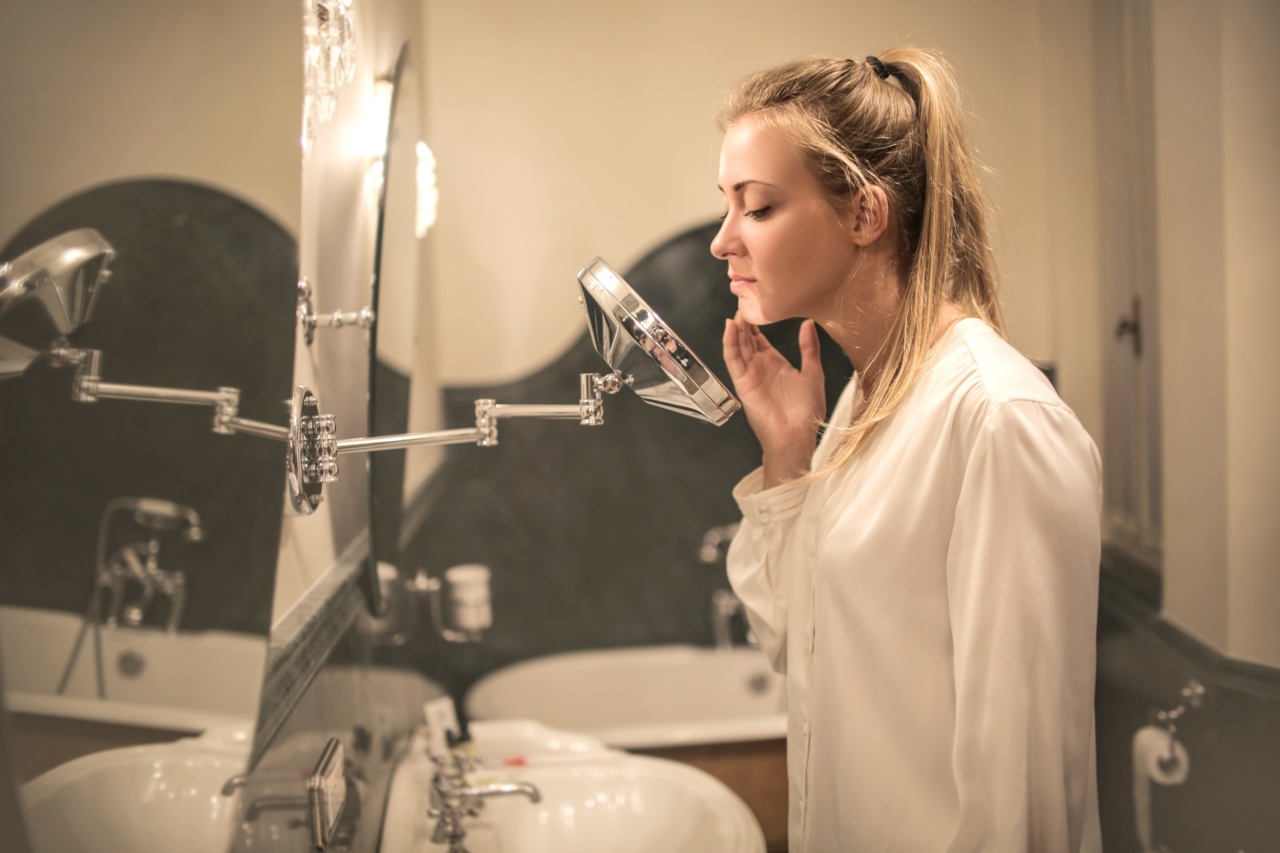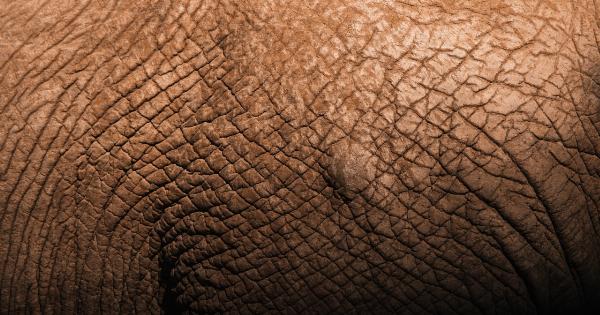Everyone’s skin will age eventually, but few will experience it at the same rate. The process of aging typically includes the development of wrinkles, fine lines, and sagging skin.
However, individuals with sensitive skin may experience these signs of aging sooner than others. This is because sensitive skin – which is often thin, easily irritated, and prone to blemishes and redness – is more vulnerable to external factors that speed up the aging process.
The Importance of Protecting Sensitive Skin from Aging
It’s important for individuals with sensitive skin to take extra precautions to protect their skin from premature aging.
This includes taking steps to minimize irritation and inflammation, using gentle products, avoiding harsh chemicals or abrasive materials, and avoiding prolonged sun exposure. Sensitive skin may also require additional hydration and moisture to maintain its natural barrier.
Tips for Protecting Sensitive Skin from Aging
1. Use Gentle Products
When choosing skincare products, opt for those that are gentle and free of harsh chemicals, fragrances, and other irritants.
Ingredients such as retinoids and hydroxy acids can be especially problematic for sensitive skin, so be sure to do your research and consult with a dermatologist if you have any concerns. Look for products that are labeled as “sensitive” or “hypoallergenic” and always patch test any new products before applying them to your face.
2. Avoid Over-washing
Washing your face too often can strip your skin of its natural oils and cause irritation. Stick to washing your face once or twice a day with a gentle cleanser. Avoid using hot water, which can also irritate and dry out your skin.
Always pat your face dry with a soft towel, rather than rubbing it harshly.
3. Moisturize Regularly
Sensitive skin needs extra hydration to maintain its natural barrier and protect against external aging factors. Look for moisturizers that are formulated for sensitive skin and contain ingredients like hyaluronic acid, ceramides, and glycerin.
Apply your moisturizer at least twice a day – once in the morning and once before bed – to keep your skin hydrated and protected.
4. Protect Your Skin from the Sun
The sun’s UV rays are one of the biggest culprits of premature aging. This is especially true for individuals with sensitive skin, as UV exposure can cause inflammation and irritation.
Always wear sunscreen with at least SPF 30 and reapply every two hours, especially if you’re spending time outdoors. Wear a hat and protective clothing to further shield your skin from the sun.
5. Minimize Stress
Stress can take a toll on our overall health – including our skin. When we’re stressed, our bodies release cortisol, which can lead to inflammation and breakdown of collagen. This can contribute to the signs of aging, such as wrinkles and fine lines.
Try to reduce stress in your daily life through relaxation techniques, exercise, and making time for hobbies and activities you enjoy.
6. Get Plenty of Sleep
Lack of sleep can also contribute to premature aging of the skin. When we don’t get enough sleep, our bodies release cortisol, which can break down collagen and cause wrinkles.
Be sure to get at least 7-8 hours of sleep each night to help keep your skin looking fresh and youthful.
7. Practice Gentle Skin Care
When cleansing or applying products, always be gentle with your skin. Avoid scrubbing, rubbing, or pulling on your skin, which can cause irritation and inflammation.
Use your fingertips to apply products in a gentle, circular motion, and always pat – rather than rub – your face dry after washing or applying products.
8. Eat a Healthy Diet
What we eat can also have an impact on the health of our skin. Foods that are high in antioxidants, such as berries and leafy greens, can help protect against environmental aging factors – including sun damage and pollution.
Foods that are high in vitamin C, such as citrus fruits and bell peppers, can help boost collagen production and keep your skin looking youthful.
9. Stay Hydrated
Drinking enough water is crucial for maintaining the health of your skin – including sensitive skin. When we’re dehydrated, our skin can become dry, flaky, and itchy – which can contribute to premature aging.
Try to drink at least 8 glasses of water each day, and incorporate hydrating foods – such as watermelon and cucumber – into your diet.
10. Don’t Smoke
Smoking is not only bad for your overall health – it can also wreak havoc on your skin. Smoking can lead to premature aging, including wrinkles and fine lines.
This is because smoking reduces blood flow to the skin, which can cause it to become dry and discolored. If you smoke, quitting is one of the best things you can do for your overall health – and the health of your skin.
Conclusion
Protecting sensitive skin from premature aging requires a multifaceted approach – encompassing everything from choosing the right products to getting enough sleep.
By minimizing irritation, avoiding harsh chemicals, and staying hydrated, you can help keep your skin looking youthful and healthy – no matter your age.





























